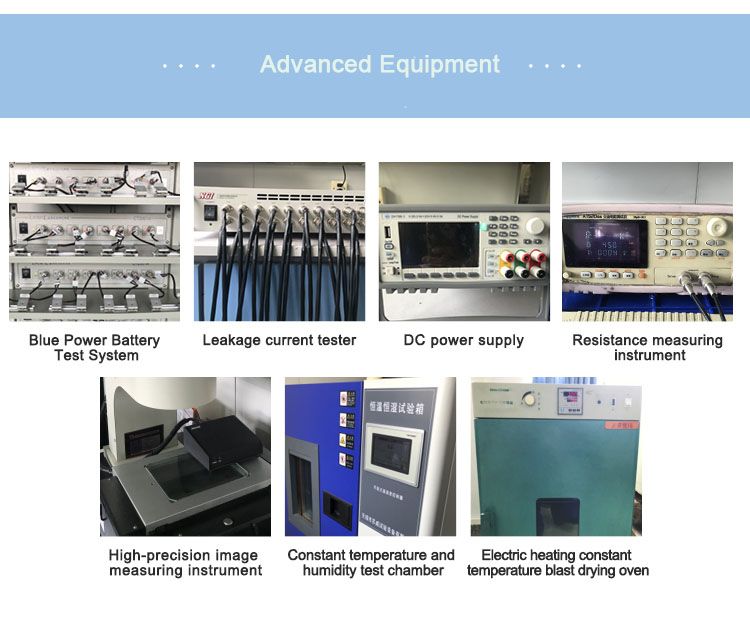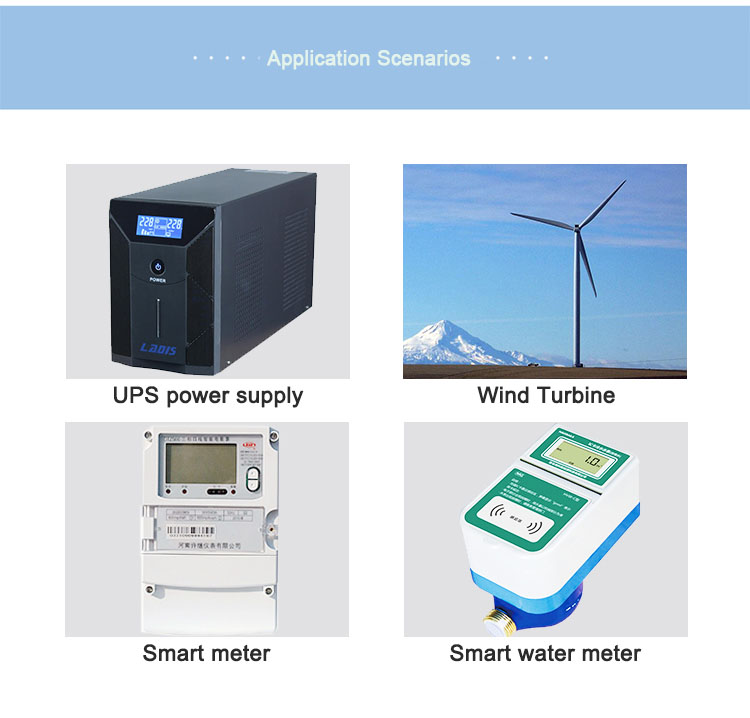PRODUCT DESCRIPTION
Electrical Characteristics:
Button supercapacitors or button farad capacitors belong to supercapacitors, which have the function of charging and discharging, and are suitable for various electrical appliances. Compared with the traditional capacitors, this product has high power density, long cycle life, and is more green and environmentally friendly. A new type of environmentally friendly power supply.
Advanced Equipment:

Application Area :

Backup power: RAM, detonators, car recorders, smart meters, vacuum switches, digital cameras, motor drives
Energy storage: smart three meters, UPS, security equipment, communication equipment, flashlights, water meters, gas meters, tail lights, small appliances
High-current work: electrified railways, smart grid control, hybrid vehicles, wireless transmission
High-power support: wind power generation, locomotive starting, ignition, electric vehicles, etc.
*FAQ:
What is a supercapacitor battery?
Supercapacitor battery, also known as electric double layer capacitor, is a new type of energy storage device, which has the characteristics of short charging time, long service life, good temperature characteristics, energy saving and environmental protection. Due to the increasing shortage of oil resources and the increasingly serious environmental pollution caused by the exhaust emissions of oil-burning internal combustion engines (especially in large and medium-sized cities), people are researching new energy devices to replace internal combustion engines.
A supercapacitor is an electrochemical element developed in the 1970s and 1980s that uses polarized electrolytes to store energy. Different from traditional chemical power sources, it is a power source with special properties between traditional capacitors and batteries. It mainly relies on electric double layers and redox pseudocapacitors to store electrical energy.
+86 181 2299 5593
+86 18122995593
+86 769 8831 3605
Beside Luchong Bridge, Hou Road, Caibai Village, Daojiao Town, Dongguan, Guangdong, China
Navigation